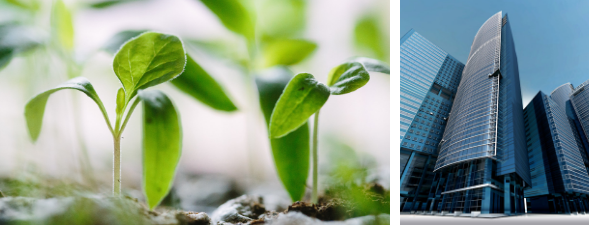 According to a report released by Colorado WaterWise, an average of 120 gallons of water are used in a luxury hotel room per day. As such, there are significant opportunities for water efficiency. LEED certification has also become more popular as our world shifts to higher levels of environmental stewardship. Here’s a look at how selecting the right plumbing fixtures can make all the difference in your overall water usage.
According to a report released by Colorado WaterWise, an average of 120 gallons of water are used in a luxury hotel room per day. As such, there are significant opportunities for water efficiency. LEED certification has also become more popular as our world shifts to higher levels of environmental stewardship. Here’s a look at how selecting the right plumbing fixtures can make all the difference in your overall water usage.
Kitchen Faucets
Under the LEED certification system, kitchen faucets must be limited to 2.2 gallons of water per minute at 60 PSI. This includes a wide range of faucets that are available, both with or without spray heads, in a number of different finishes, styles and features. This category includes bar sink faucets as well, if you’re considering adding some additional features to a kitchen or other areas of your design.
Shown here: WaterSense-certified Museo® Two Handle Widespread Lavatory Faucet
Bathroom Faucets
Similar to kitchen faucets, bathroom or lavatory faucets must be limited to 2.2 gallons of water per minute or less at 60 PSI. If you want to go above and beyond to add a truly water-efficient fixture to your bathroom design, there is a wide range of WaterSense® certified faucets available that fit the bill. Water efficient lavatory faucets are available in a variety of finishes and styles to satisfy any aesthetic.
Shown here: WaterSense-certified Museo 1 Mode Showerhead
Showerheads
As a baseline for water usage, showerheads may use no more than 2.5 gallons of water per minute at 80 PSI. Though this particular feature has been under scrutiny for water usage in the past, there are still strong areas for improvement. Whether you’re looking for the perfect tub and shower combination fixture, a low-water-usage handheld shower unit or a simple shower fixture to match your project’s style and needs, there are a number of different options available to suit.
Toilets
Under LEED certification, the baseline consumption of water usage for a toilet is limited to 1.6 gallons per flush. This is a fairly common rate of flow for toilet today, with a number of other options available as well to help improve your LEED certification score. Generally speaking, a number of options are available on the market between 1.3 and 1.1 gallons per flush, with dual-flush systems allowing you to select a lower flush of 0.8 gallons per flush for liquid waste or a higher flush for solid waste.
Earning LEED Points in Certification
LEED certification points are earned as the amount of water usage is reduced in the fixture:
- At a 25% reduction of water usage, your project earns a LEED point for indoor water usage.
- A 30% water usage reduction leads to a two-point gain for your project.
- Lowering your water usage by 35% will gain you three points on your LEED certification scorecard.
- A 40% reduction over the baseline water usage can gain four points for your project, while a 45% reduction leads to a five-point gain on your scorecard.
Though these seem like drastic reductions, improvements in technology can make all the difference in delivering strong performance while reducing water usage.
With 80% of state water managers expecting to see water shortages under average conditions, selecting fixtures that lead to water usage improvements can make all the difference between having enough clean water to go around versus being placed under strong water usage restrictions. Ready to make a change? Take a few minutes to browse the selection of WaterSense fixtures available from Symmons.

